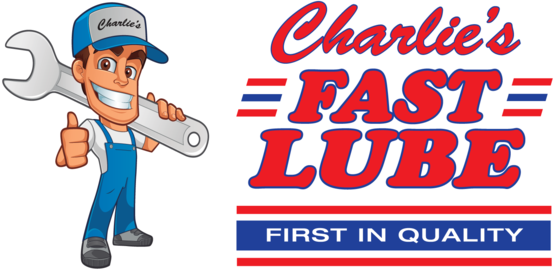An Oil for All Seasons (Engine Oil Selection)
October 8, 2023
You swap your winter boots for flip-flops in the summer. Why not change your winter engine oil for summer, hot-weather oil? While it may seem like it makes sense, there's some good news. Most drivers don't have to, and here's why.
Engine oil can be made in different thicknesses. That thickness is called viscosity, how easily it flows. Now, it makes sense that the hotter it gets, oil gets a little thinner and doesn't lubricate as well. So if you used a thicker oil in the summer, it's logical that it would protect better in the hotter weather.
While there was a time when oils could be only made in one viscosity, times have changed. Using an ingenious formula, oil can now be created that changes its viscosity (called "multi-viscosity") as the temperature rises and falls. It self-adjusts to match the conditions. Now that's what I call a great invention.
In most temperate climates, you don't have to swap out the type of oil you use in your vehicle each season. There are exceptions in extreme climates, but your service advisor can advise you on that. Your vehicle's owner's manual recommends the proper viscosity oil to use.
Remember that even though you may not have to switch to a different type of oil, you DO have to CHANGE the oil at certain intervals. That's because oil eventually breaks down and picks up contaminants, and if you have old, dirty oil in your engine, it can cause damaging friction and heat. Regular maintenance at your vehicle service facility will ensure that your vehicle is running like a well-oiled machine.
Charlie's Fast Lube Sikeston
2017 E. Malone
Sikeston, Missouri 63801
573-472-1139
http://www.charliesfastlubesikeston.com
Need Service?
More articles from Charlie's Fast Lube Sikeston

Let's Clear Some Things Up (Headlight Restoration)
April 6, 2025
You know how exposing your skin to sunlight can cause sunburn and other unhealthy things. Sunlight can also create major problems for your headlights. After they've been exposed to ultraviolet light, acrylic headlights can yellow and fog due to oxidation. And when that happens, less light can ... More

"Current" Affairs (Blown Fuses)
March 30, 2025
You may be driving along and find that suddenly your radio stops working. There are no numbers on the display. Then when you get home, you notice the garage door opener doesn't do a thing when you press the button. Hmm, this was working just fine this morning. Are the two problems somehow rela... More

Timing is Everything (Timing Belt)
March 23, 2025
Talk about exquisite choreography; it happens under the hood of your vehicle every time you take a drive. Your engines many complex parts must work exactly together. One key is a part called a timing belt, which enables the synchronizing of two of your engines components, the camshaft, and the ... More









